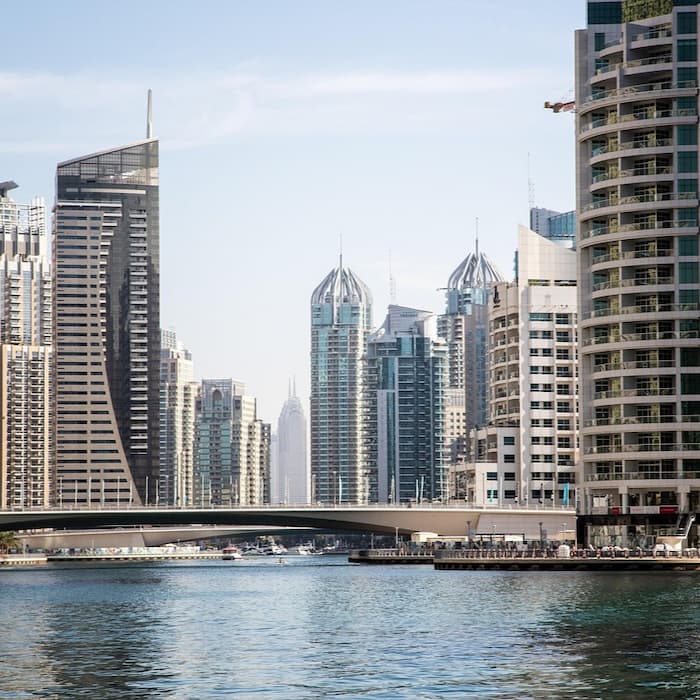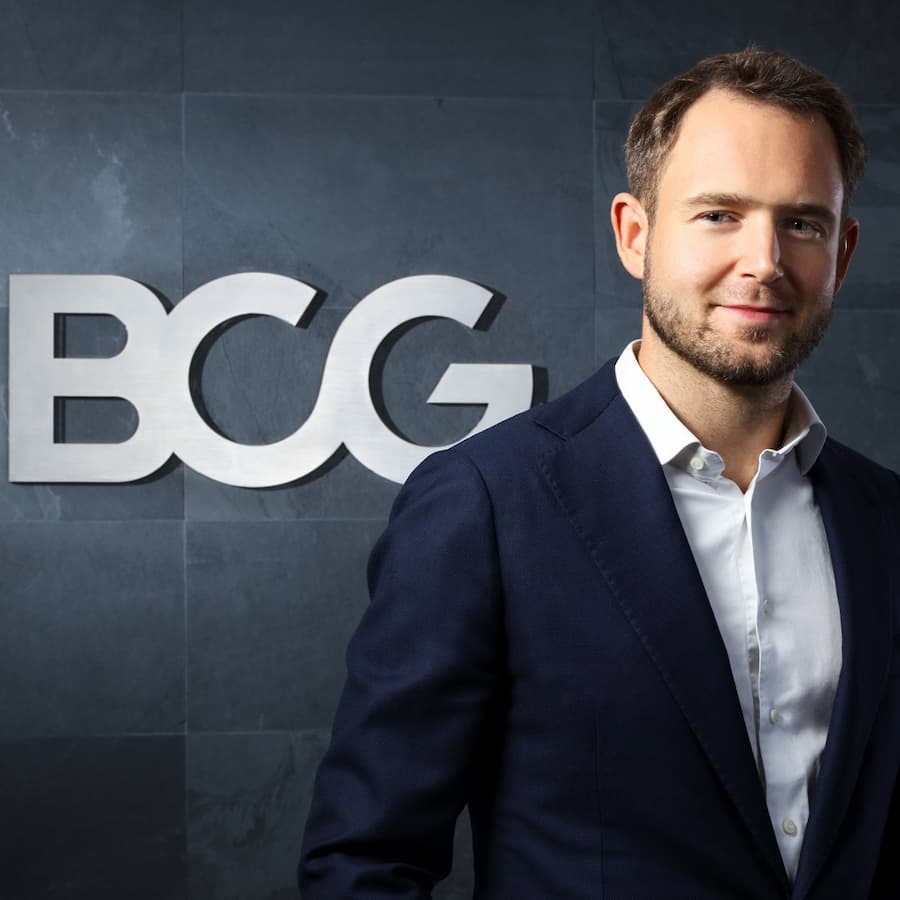WM Market Reports
Gulf Region's Asset Managers' AuM On Rising Path; No Room For Complacency – BCG

The 9 per cent rise in AuM last year came largely from rising markets rather than inflows, suggesting that the local asset management sector must take a hard look at its business model, among other features, the BCG report said.
The Gulf Cooperation Council group of countries’ asset management
industry had total AuM of $2.2 trillion as of the end of
2024, rising 9 per cent on a year ago, with Saudi Arabia and the
UAE being the main contributors.
The largest blocks of assets are run by sovereign wealth funds.
Kuwait and Abu Dhabi provide the largest SWF players, according
to a report from Boston
Consulting Group. The GCC countries are Bahrain, Kuwait,
Oman, Qatar, Saudi Arabia and the United Arab Emirates.
"The next decade’s leaders will be those who redefine their
future, not just endure challenges. The region’s 9 per
cent AuM growth in 2024 underscores its rising prominence as
a hub for institutional and retail capital. With Saudi Arabia and
the UAE anchoring regional momentum, the GCC’s strategic
diversification and SWF dominance signal a future where local
asset managers could rival global giants," Lukasz Rey
(pictured below), managing director and partner and Middle East
head of financial institutions at BCG, said.

Lukasz Rey
The rise of the GCC region as a wealth management space,
complementing and sometimes rivalling centres such as London,
Singapore and Switzerland, has been widely chronicled. Dubai, to
give one example, has been particularly keen to promote
its credentials.
The BCG report warned that GCC countries cannot afford to be
complacent. Revenue growth in 2024 was driven by market
performance rather than investor inflows, it said.
Cost control is also important, it said, helping to put a focus
on AI and its potential for driving efficiency gains. Generative
AI is “transforming process automation and product delivery
– especially in complex areas such as illiquid and
alternative assets – and is now being deployed across the
front, middle, and back offices,” it said.
“Notably, cost discipline is now a strategic focus with firms
prioritising unique value creation, embracing lean practices, and
investing heavily in transformative technologies," Nabil
Saadallah, managing director and partner at BCG, said.
BCG said asset managers have two opportunities to win in an
evolving product and distribution landscape. First, they can
claim a larger portion of a shrinking but important pool of
actively managed assets – specifically, in active
exchange-traded funds, model portfolios, and separately managed
accounts. Second, they can mobilise to play a key role in the
growing market for delivering private assets to retail clients.
Strategic partnerships and M&A are reshaping the landscape as
firms race to gain scale, broaden offerings, and build technology
capabilities, it said. “Those overseeing the largest amount of
assets can drive costs down through technological synergies,
streamlined operations, and process efficiencies, while those
managing less than $300 billion must emphasise leaner models,” it
said.
The UAE and associated region is still some way down the international rankings in terms of being host to the world’s largest cross-border centres of wealth.